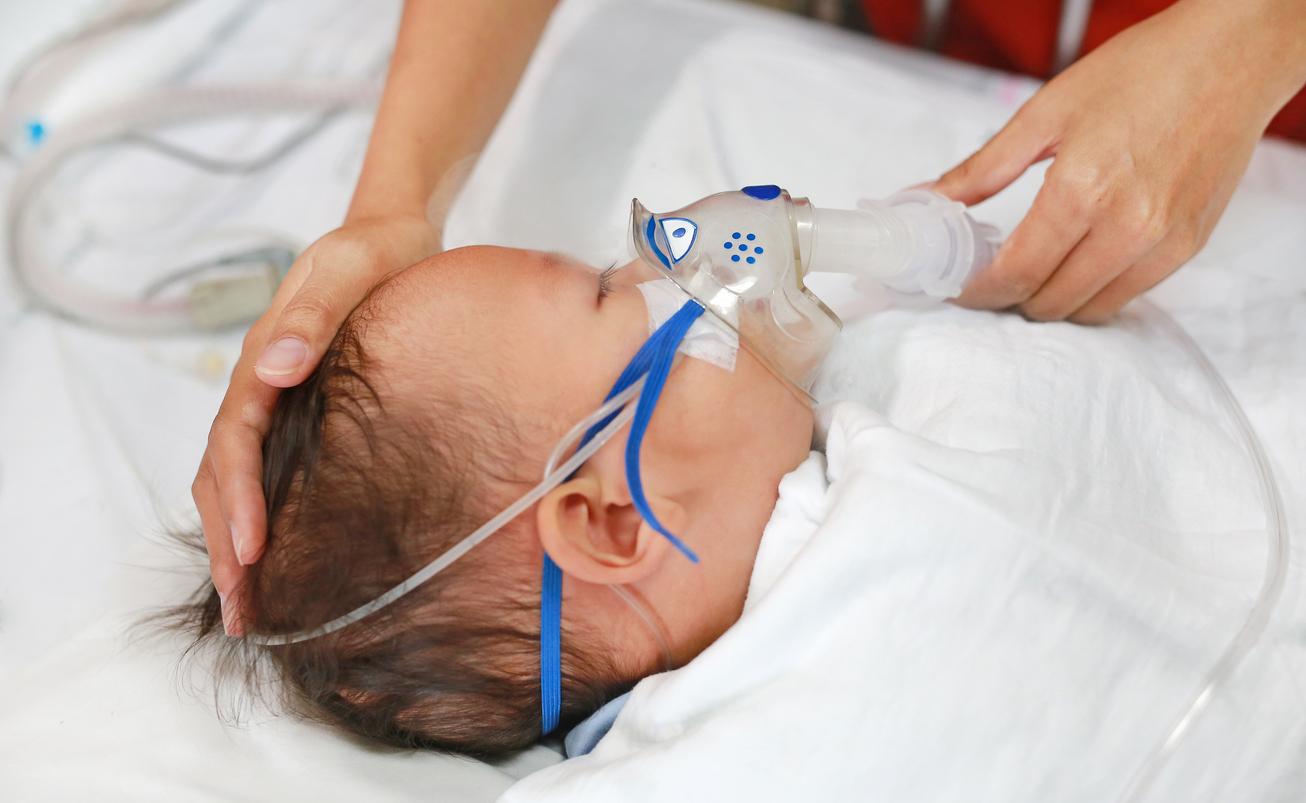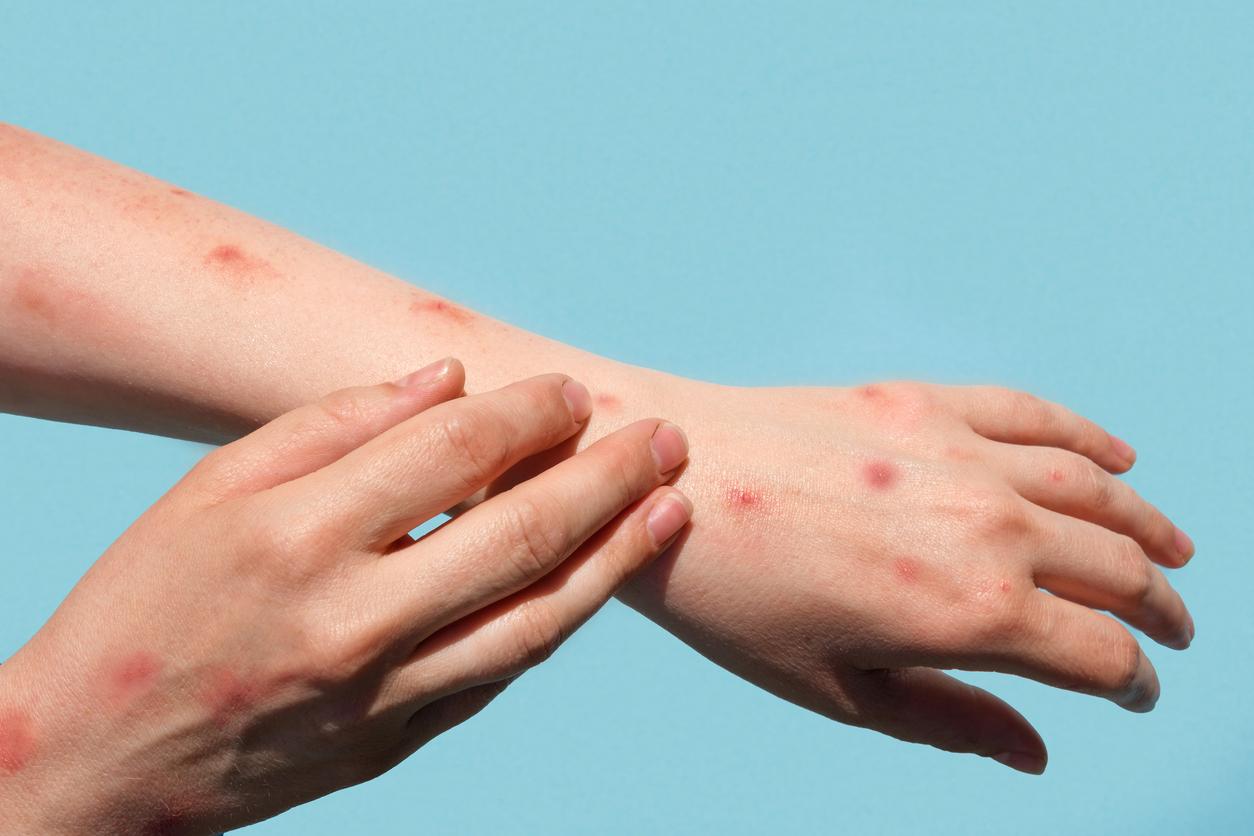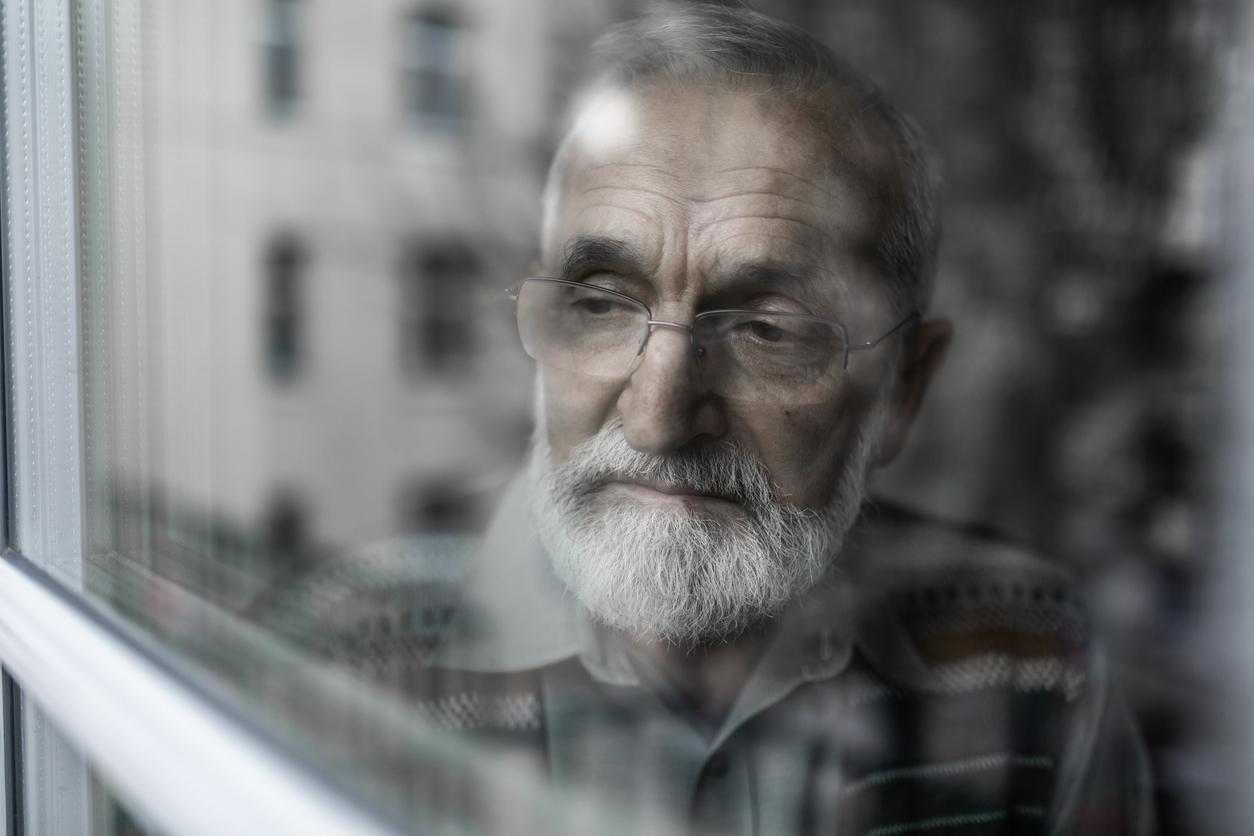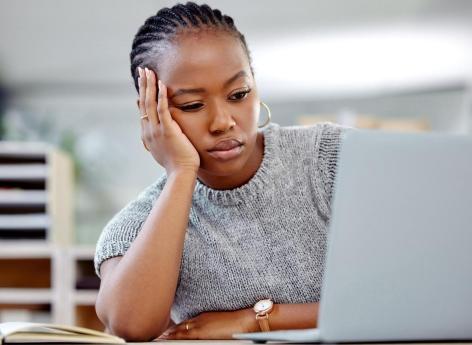On April 19, Prime Minister Edouard Philippe announced that new coronavirus patients could recover at the hotel if they wished, the objective being to break the chains of transmission. However, several days after the deconfinement, the device is struggling to establish itself throughout the territory.

- Edouard Philippe had promised that hotels would be requisitioned by the government so that Covid patients could recover without contaminating their loved ones.
- According to France Télévisions, only a dozen hotels are currently welcoming patients in France.
- Private associations are taking the problem in hand.
To break the chains of transmission of the Covid epidemic by guaranteeing French people potentially contaminated or contagious, but who do not need to be hospitalized, the conditions of good isolation up to three weeks after the first symptoms of illness, hotels had to be requisitioned by the State. “You will be able to confine yourself to a place that is not your home, which may be a hotel made available to you”, announced Prime Minister Edouard Philippe on April 19, referring to the strategy for isolating patients to be put in place. However, according to a report by the20 o’clock eye (France Televisions), on the fourth day of confinement, only a dozen hotels would welcome patients in mainland France.
France Télévisions journalists notably went to Chelles, in Seine-et-Marne, where a hotel is currently hosting 5 recovering coronavirus patients. However, this hotel was not rented by the government but by a private association, the Resource Center for Neighborhood Mini-Grids. “It’s €25,000 for 15 rooms, 1 month. It is our own budget of the association”, explains its director, Sibel Bilal de La Selle, specifying that she has requested support or a subsidy from the health authorities. In vain.
This is all the more worrying since, according to infectious disease specialist Anne-Claude Crémieux, interviewed by journalists from France Télévisions, “if we do not properly control the spread of the virus within families, we will let the virus be transmitted beyond the family circle, and so many new chains of contamination can be born.
In Ile-de-France, a requisition of hotels set up by the AP-HP
In Ile-de-France, a region particularly affected by the epidemic, the Assistance Publique-Hôpitaux de Paris (AP-HP) launched a system for isolating infected people in hotel rooms on April 15. .
This project, called Covisan, was set up in collaboration with the town hall of Paris and the Departmental Council of Seine-Saint-Denis. He “is part of the national policy of deconfinement and prevention of a second wave. We operate on an equal footing with city medicine, it allows them to include their own patients”explained to World Martin Hirsch, director general of the AP-HP, on April 20.
In one press release issued four days later, it was specified that three hotels of the Accor group, which has already implemented similar projects in South Korea or Spain, would be mobilized to accommodate infected people. These are located near the four AP-HP hospitals (La Pitié-Salpêtrière and Bichat in Paris, Avicenne in Bobigny and Louis-Mourier in Colombes).
“The priority will be to act first in working-class neighborhoods, since the first maps show that they are more affected than the average”, explains the City of Paris. This type of accommodation is supposed to operate on a voluntary basis in rooms fitted out to receive the sick. “This is where our experience of having followed 50,000 patients remotely through the Covidom platform for a month is useful, we have run in a system for monitoring people carrying Covid”pointed out Martin Hirsch at World.
A voluntary organization
“Teams will be formed to support sick people and help them organize themselves, check that they have personal protective equipment.. To prevent them from going to the shops, they will be delivered meals or fresh products”announced Jean-Louis Missika, deputy mayor of Paris in charge of urban planning, at the launch of the project.
This experiment, the duration of which has not yet been set, displays the ambition “to quickly organize a ramp-up of this approach, adapted to all territories, based on small intervention teams, on telephone platforms allowing registration, monitoring and interventions, on data analysis, and on a good distribution of tasks between all actors”, welcomed the town hall of Paris on April 20. “If these pilots give favorable results, they will be useful to expand and duplicate the device”, enthused the AP-HP. Three weeks later, it is clear that the system is struggling to be implemented throughout the territory.

.

















